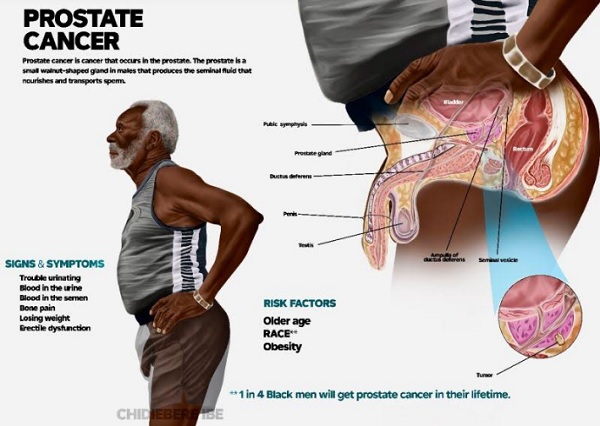THREE KEY FACTS AI is being rapidly integrated into healthcare for tasks like note-taking and drafting patient messages. Concerns arise about AI’s accuracy after studies show it can provide inappropriate or biased medical advice. Doctors are urged to thoroughly check AI outputs to prevent errors and maintain patient safety.
At a recent medical check-up, the doctor showed up with artificial intelligence. I got to see AI’s possibilities and problems play out in a very personal way. “Before we start, I want to just ask you a quick question,” Stanford Health Care’s Christopher Sharp says, opening an app on his smartphone.
“I’m using a technology that records our conversation and uses artificial intelligence to summarise and make my notes for me.” During the exam, Sharp makes a point of saying my blood pressure and other findings out loud so his AI scribe will hear him. He also uses AI to help write first drafts of answers to patient messages, including suggested treatment advice.
.


















